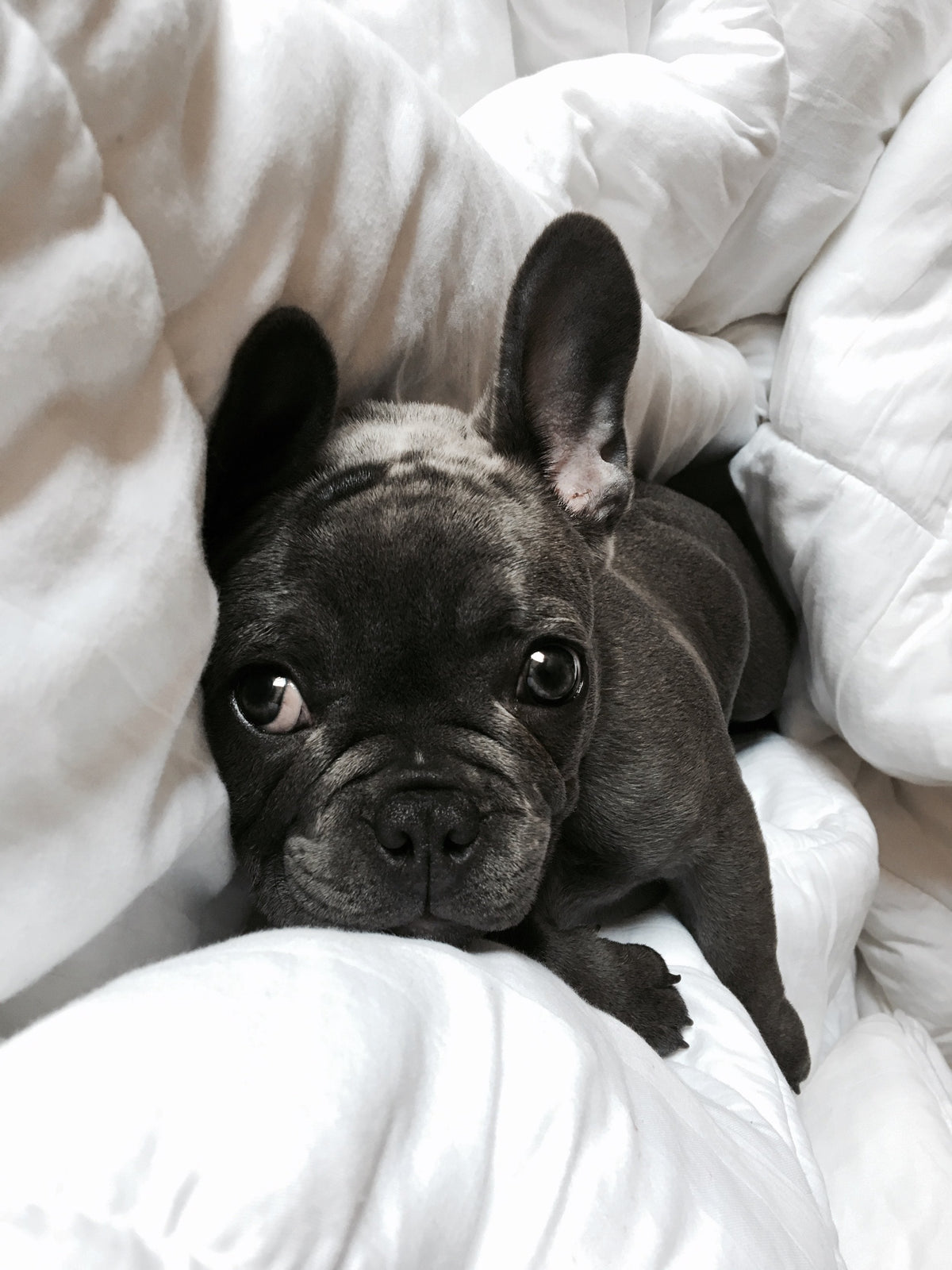
Are your bedsheets messing with your immune system?
|
Time to read 2 min
This store requires javascript to be enabled for some features to work correctly.
Written by: The Myza Editorial Team
|
Time to read 2 min
The millions of mites and germs on your bed could be making you ill. People are more than ever wary about their health, about the dangers of smoking and socialising in big groups. We hate to break it to you but your bed sheets are likely to be filthy. No matter how clean you are, your bed is the perfect playground for all kinds of germs. Not to gross you out, but human naturally produce almost 100 litres of sweat in bed every year. The moisture coupled with a bit of humidity is the perfect setting for a fungal party to take place. Most homes, especially in Europe are well insulated and well heated. In a very short period starting at 1 sleep only, your sheets get covered with dead skin cells, oils, saliva and sweat. This can make for a dust mite paradise.
Dust mites and their faeces cause most people allergies, even people who do not usually suffer from allegorise. They even worsen your asthma, eczema and hay fever. Philip Tierno, a microbiologist and pathologist at the New York University School of Medicine, shared with Tech Insider how we have “spores of fungi, bacteria, animal dander, pollen, soil, lint, finishing agents of whatever the sheets are made from, colouring material, all sorts of excrements from the body including sweat, sputum, vaginal, and anal excretions, urine milieu, skin cells,”
Here are our simple tips to maintain a healthy immune system starting from your bed:
If you're feeling lazy about changing your bedsheets often, you might want to think again. Also your skin is the largest organ, and you need to be aware of what we are putting onto it as well as what effects these man made fibres have on your body when you sleep and breathe into them.
Receive 10% off your first order when you subscribe to our newsletter




